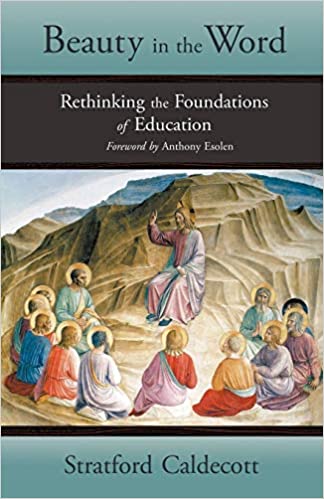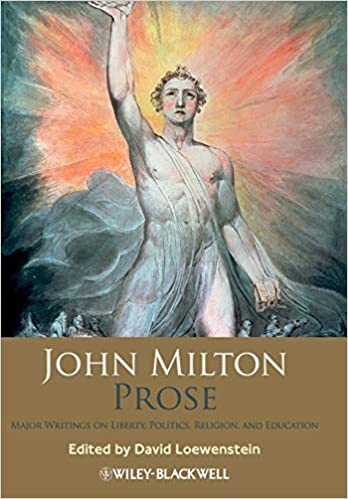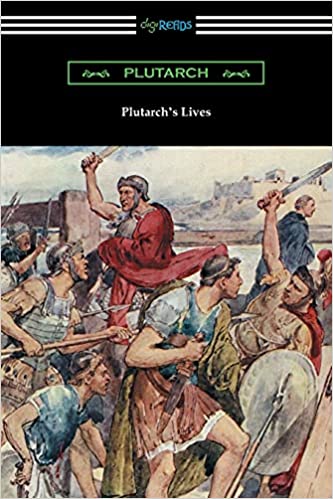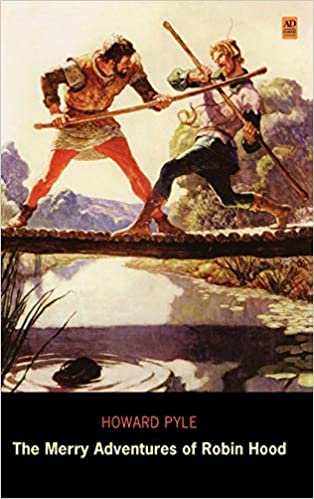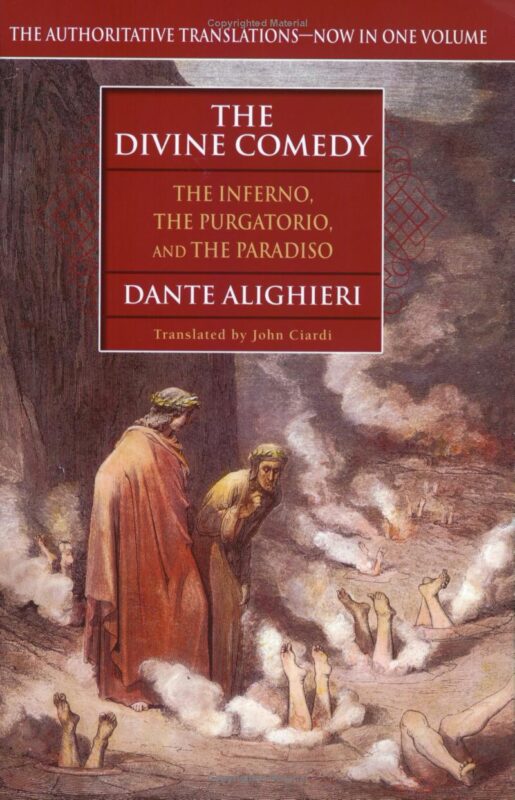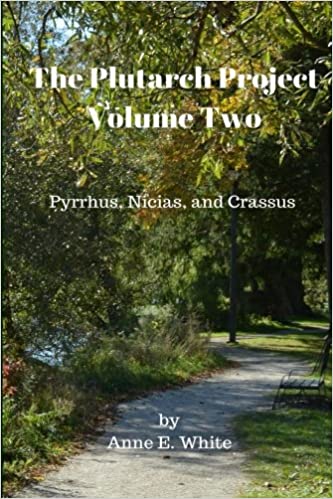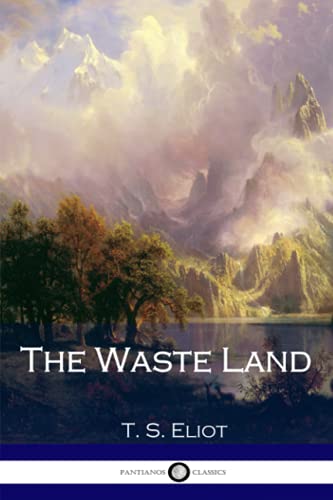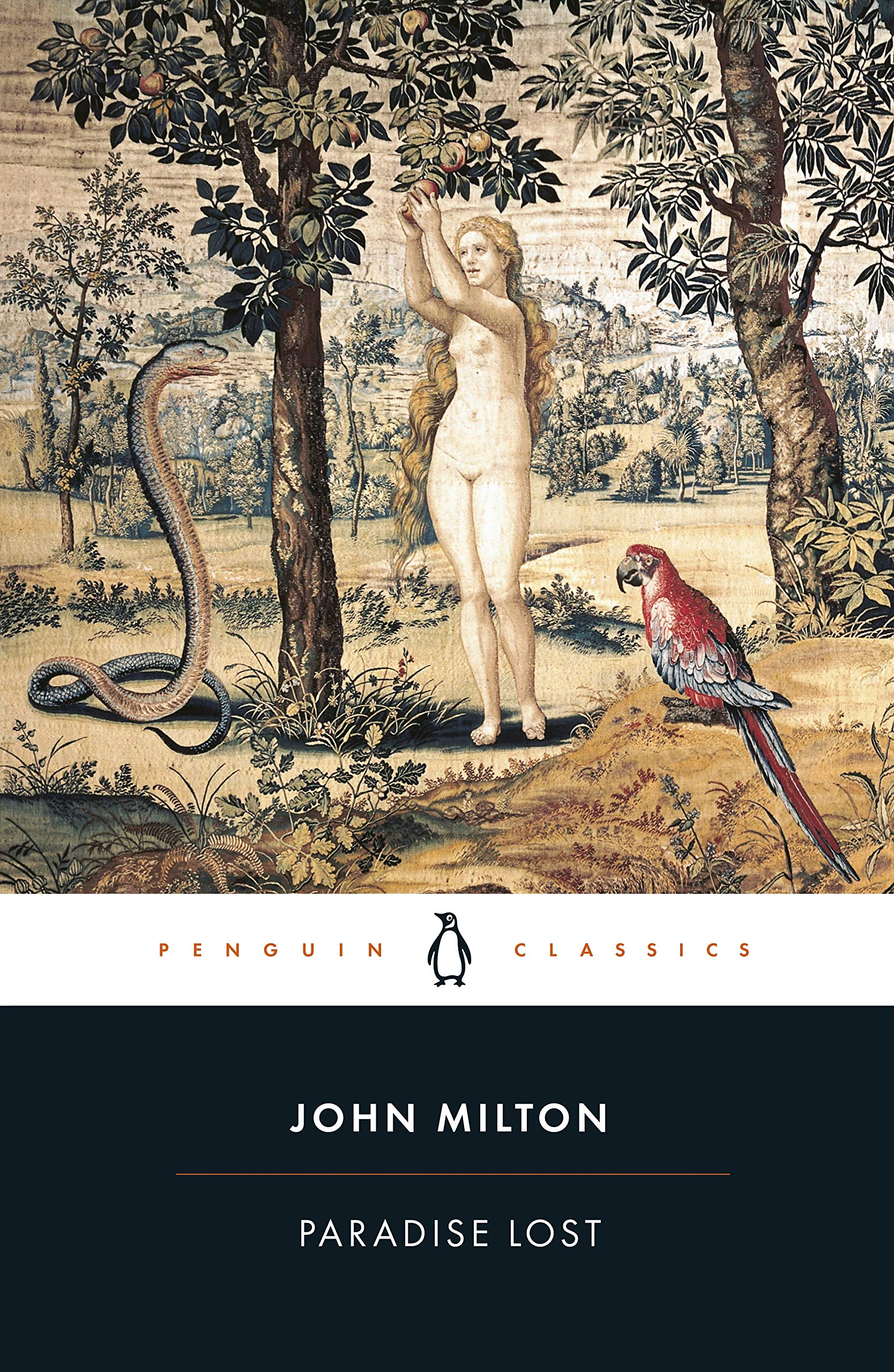#60 Topical Discussion
Beauty in the Word: Rethinking the Foundations of Education
What is a good education? What is it for? To answer these questions, Stratford Caldecott shines a fresh light on the three arts of language, in a marvelous recasting of the Trivium whereby Grammar, Dialectic, and Rhetoric are explored as Remembering, Thinking, and Communicating. These are the foundational steps every student must take towards conversion of heart and mind, so that a Catholic Faith can be lived out in unabashed pursuit of the True, the Good, and the Beautiful. Beauty in the Word is a unique contribution to bringing these bountiful aspects of the Real back to the center of learning, where they rightfully belong. If your concern is for the true meaning of education for your children, here is the place to begin.
More info →John Milton Prose: Major Writings on Liberty, Politics, Religion, and Education by John Milton
Regarded by many as the equal of Shakespeare in poetic imagination and expression, Milton was also a prolific writer of prose, applying his potent genius to major issues of domestic, religious and political liberty. This superbly annotated new publication is the most authoritative single-volume anthology yet of Milton's major prose works.
- Uses Milton's original language, spelling and punctuation
- Freshly and extensively annotated
- Notes provide unrivalled contextual analysis as well as illuminating the wealth of Milton's allusions and references
- Will appeal to a general readership as well as to scholars across the humanities
Plutarch’s Lives (Volumes I and II)
“Lives” is a series of biographies of famous Greeks and Romans by the ancient Greek historian Plutarch who lived during the first and second century AD. The work consists of twenty-three paired biographies, one Greek and one Roman, and four unpaired, which explore the influence of character on the lives and destinies of important persons of Ancient Greece and Rome. Rather than providing strictly historical accounts, Plutarch was most concerned with capturing his subjects common moral virtues and failings. This volume includes the complete “Lives” in which you will find the biographies of the following persons: Theseus, Romulus, Lycurgus, Numa Pompilius, Solon, Poplicola, Themistocles, Camillus, Pericles, Fabius, Alcibiades, Coriolanus, Timoleon, Æmilius Paulus, Pelopidas, Marcellus, Aristides, Marcus Cato, Philopœmen, Flamininus, Pyrrhus, Caius Marius, Lysander, Sylla, Cimon, Lucullus, Nicias, Crassus, Sertorius, Eumenes, Agesilaus, Pompey, Alexander, Cæsar, Phocion, Cato the younger, Agis, Cleomenes, Tiberius Gracchus, Caius Gracchus, Demosthenes, Cicero, Demetrius, Antony, Dion, Marcus Brutus, Aratus, Artaxerxes, Galba, and Otho. Plutarch’s “Lives” remains today as one of the most important historical accounts of the classical period. This edition is printed on premium acid-free paper.
More info →The Merry Adventures of Robin Hood
When Robin Hood became an outlaw, he decided to resist the authorities and aid his fellow man. Recruiting the help of Friar Tuck, Little John and Will Scarlet, Robin Hood fights to maintain justice until the return of King Richard the Lionheart. In the company of Robin Hood and his Merry Men, there is never a lack of action, adventure or for that matter - ale, as they outsmart the villainous Sheriff of Nottingham in Sherwood Forest. Written and illustrated by Howard Pyle, The Merry Adventures of Robin Hood solidified the image of a heroic outlaw who stole from the rich and gave to the poor. Having taken his material from old ballads, Pyle wove them into a cohesive story, in a colourful, invented old English idiom which preserves the flavour of the original ballads. The novel is responsible for turning Robin Hood into a staunch philanthropist, influencing writers, artists, and filmmakers ever since.
More info →The Divine Comedy (The Inferno, The Purgatorio, and The Paradiso)
Belonging in the immortal company of the great works of literature, Dante Alighieri’s poetic masterpiece, The Divine Comedy, is a moving human drama, an unforgettable visionary journey through the infinite torment of Hell, up the arduous slopes of Purgatory, and on to the glorious realm of Paradise—the sphere of universal harmony and eternal salvation.
Now, for the first time, John Ciardi’s brilliant and authoritative translations of Dante’s three soaring canticles—The Inferno, The Purgatorio, and The Paradiso—have been gathered together in a single volume. Crystallizing the power and beauty inherent in the great poet’s immortal conception of the aspiring soul, The Divine Comedy is a dazzling work of sublime truth and mystical intensity.
More info →The Plutarch Project Volume Two: Pyrrhus, Nicias, and Crassus
The second volume in The Plutarch Project includes vocabulary, discussion questions, and other aids for students and parent/teachers, plus edited text for the Lives of Pyrrhus, Nicias, and Crassus.
More info →The Waste Land
Famous for juxtaposing Eastern cultures with Western literary references, The Waste Land has been celebrated for its eloquence, depth of meaning and numerous subtleties. Rich with allusions to religious texts of Hinduism and Buddhism, ancient literature, and Eliot's own life, the poem is admired to this day and is a common text in school and university English literature courses.
Painstakingly composed, the original drafts of The Waste Land were far longer than the final edition which is composed of five distinct parts. Truncation occurred on the advice of Eliot's contemporary and friend Ezra Pound. A famous line - "And we shall play a game of chess/The ivory men make company between us / Pressing lidless eyes and waiting for a knock upon the door" - was removed at the request of Eliot's wife Vivienne, it is thought for being too revealing about their married life.
Quickly ascending to the status of literary classic, The Waste Land is widely considered by literary scholars to be Eliot's finest poem, representing a maturity in his style and a confidence in both expression and in research.
Since its initial publication in 1922, it has been published dozens of times alone and in anthologies. This edition contains notes which explain and clarify the deeper and more nuanced verses.
More info →Paradise Lost
In Paradise Lost Milton produced poem of epic scale, conjuring up a vast, awe-inspiring cosmos and ranging across huge tracts of space and time, populated by a memorable gallery of grotesques. And yet, in putting a charismatic Satan and naked, innocent Adam and Eve at the centre of this story, he also created an intensely human tragedy on the Fall of Man. Written when Milton was in his fifties - blind, bitterly disappointed by the Restoration and in danger of execution - Paradise Lost's apparent ambivalence towards authority has led to intense debate about whether it manages to 'justify the ways of God to men', or exposes the cruelty of Christianity.
For more than seventy years, Penguin has been the leading publisher of classic literature in the English-speaking world. With more than 1,700 titles, Penguin Classics represents a global bookshelf of the best works throughout history and across genres and disciplines. Readers trust the series to provide authoritative texts enhanced by introductions and notes by distinguished scholars and contemporary authors, as well as up-to-date translations by award-winning translators.
More info →
